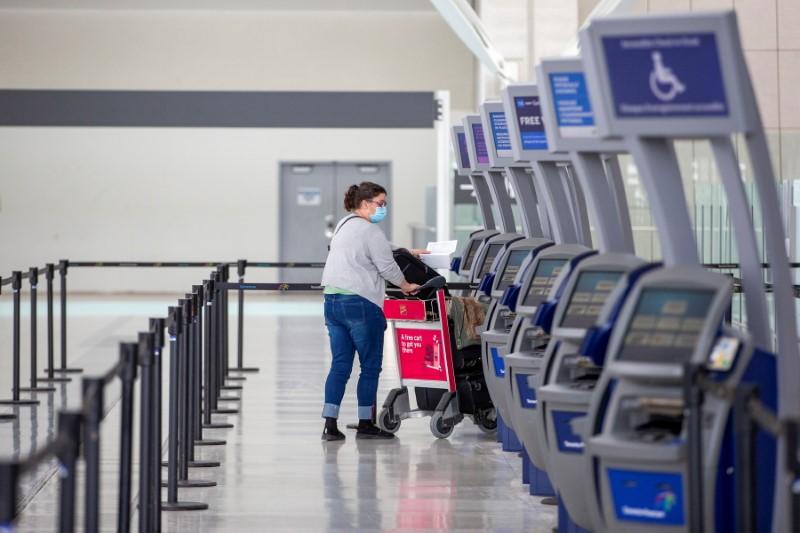TORONTO—Ontario detected Canada’s first two known cases of Omicron on Nov. 28, a new COVID−19 variant of concern that has led to a slate of fresh border restrictions around the world.
Both cases of the variant were found in the Ottawa area in people who had recently been in Nigeria, Ontario Health Minister Christine Elliott said in a joint statement with the province’s top public health official, Dr. Kieran Moore.





